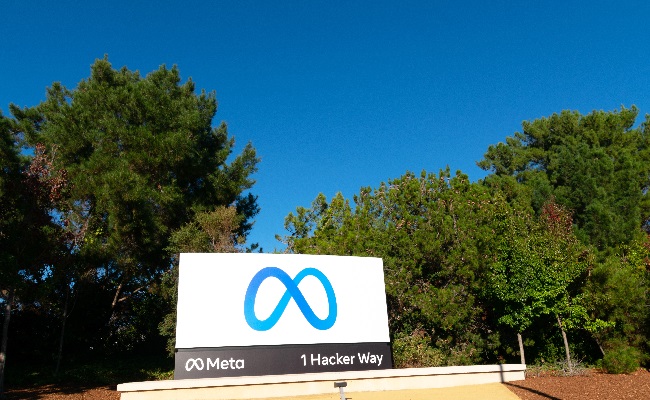
Meta Platforms has decided to pause its recent aggressive hiring spree in the artificial intelligence sector after successfully onboarding over 50 engineers and researchers from competitors like OpenAI. The Wall Street Journal reported that this recruitment drive, spearheaded by CEO Mark Zuckerberg, concluded last week. This decision coincided with a significant reorganization of the company’s AI division, which has now been split into four distinct teams.
According to sources cited by the Wall Street Journal, Alexandr Wang, Meta’s chief AI officer, retains the authority to approve any further external hires. Wang previously held the position of CEO at Scale AI, a firm that received a substantial $14.3 billion investment from Meta in June. Notably, the internal communication regarding the duration of the hiring freeze has not been shared with employees, highlighting a potential disconnect within the organization. Furthermore, the restructuring prohibits staff from transitioning between the newly formed teams.
Zuckerberg’s strategy to attract top talent involved offering competitive compensation packages, reportedly reaching nine figures. This push reflects a broader ambition to strengthen Meta’s position against industry giants such as OpenAI, Microsoft, and Google. Recently, the company announced the establishment of the Meta Superintelligence Labs (MSL), a key initiative aimed at enhancing its AI capabilities.
Restructuring and Team Focus
Earlier in August, Meta reallocated its AI resources into four separate teams now under the MSL umbrella. Among these, the TBD Labs team specifically focuses on Zuckerberg’s personal superintelligence project and is home to many of the recently hired engineers. Another team is dedicated to the development of AI products, while a third concentrates on infrastructure. The fourth team, known as the Fundamental AI Research group and led by Robert Fergus, has maintained its original structure despite the other teams being reorganized. Notably, the AGI foundations group has been disbanded as part of this restructuring effort.
Zuckerberg’s commitment to AI development is evident in his ambitious plans for the upcoming years. In April, Meta increased its projected capital expenditure for 2025 to between $64 billion and $72 billion, a notable rise from the initial forecast of $60 billion to $65 billion made in January. The company is clearly betting heavily on advancements in AI technology as it navigates an increasingly competitive landscape.
As Meta Platforms recalibrates its approach to AI hiring and organizational structure, the focus remains on maintaining a competitive edge in a rapidly evolving industry. The decisions made in the coming months will likely shape the future of the company and its standing among leading tech innovators.







